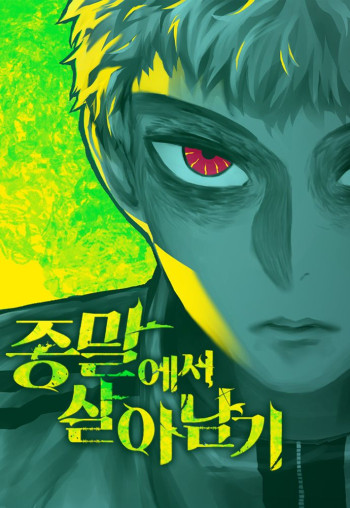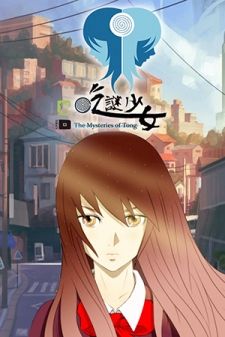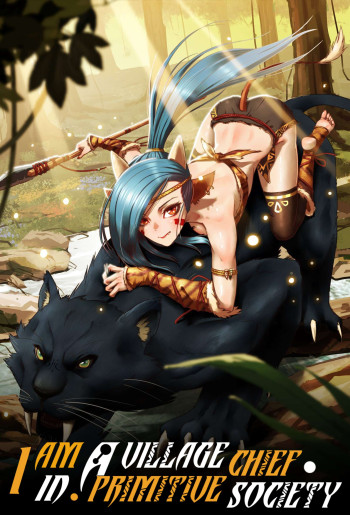Martial Peak Reviews
Lilo Quie's Delinquent Dette is a captivating exploration of identity, power, and redemption set against a backdrop of mythological intrigue and familial duty. The novel weaves a complex tapestry of relationships and societal expectations, drawing readers into a world where personal desires clash with political machinations. At its core, the book is a profound meditation on the struggle for autonomy and the quest for belonging, themes that resonate deeply in today's world.
The protagonist, Frikka, is introduced as a Jarl’s Dette son, a role that positions him as a pawn in the political games of his society. The concept of a "dette" is intriguing, serving as a symbol of both power and subjugation. Frikka's journey from being a political tool to a self-determined individual is one of the novel's most compelling arcs. His transformation is catalyzed by the Running of the Drakes, a ceremony that disrupts the rigid structures of his life and sets him on a path of self-discovery.
Quie skillfully crafts Frikka's character with depth and nuance. Initially, Frikka is portrayed as a character caught in the web of his father's ambitions, yet as the narrative unfolds, he emerges as a figure of resilience and agency. The moment when Frikka is disowned by his father marks a pivotal turning point, propelling him into the new world where he must redefine his identity and purpose. This journey is not just physical but deeply emotional, as Frikka grapples with the loss of his old life and the challenges of forging a new one.
Sten, on the other hand, provides a contrasting perspective. Born from a ceremony that allows dettes to breed with raiders, Sten embodies the tension between societal constraints and personal desires. His relationship with Frikka is fraught with complexity, rooted in a shared history and mutual longing. Sten's determination to liberate the Nielsens and carve out a future for himself and his clutch adds another layer of depth to the narrative. His character is a testament to the power of hope and the human spirit's capacity for resilience.
The novel's thematic exploration of identity and belonging is further enriched by its mythological elements. The presence of Irish dragons and the cultural clash they represent adds a fantastical dimension to the story, enhancing its allegorical significance. The dragons serve as a metaphor for the external forces that challenge Frikka and Sten, pushing them to confront their fears and prejudices. This interplay between the mythical and the personal elevates the narrative, offering readers a rich and immersive experience.
Quie's prose is both lyrical and evocative, capturing the emotional intensity of the characters' journeys. The author's ability to weave intricate details into the narrative creates a vivid and immersive world that feels both familiar and fantastical. The dialogue is sharp and insightful, revealing the inner workings of the characters' minds and the complexities of their relationships.
In comparison to other works in the genre, Delinquent Dette stands out for its unique blend of mythology and character-driven storytelling. While it shares thematic similarities with novels like Naomi Novik's Temeraire series, which also explores the intersection of human and dragon societies, Quie's work is distinguished by its focus on personal transformation and the quest for identity. The novel's emphasis on familial dynamics and the impact of societal expectations is reminiscent of Robin Hobb's Farseer Trilogy, yet Quie brings a fresh perspective that is both engaging and thought-provoking.
Overall, Delinquent Dette is a remarkable achievement, offering readers a compelling narrative that is both entertaining and enlightening. Lilo Quie has crafted a story that resonates on multiple levels, inviting readers to reflect on their own journeys of self-discovery and the forces that shape their identities. The novel's exploration of power, redemption, and the search for belonging is both timely and timeless, making it a must-read for fans of fantasy and character-driven fiction alike.
In conclusion, Delinquent Dette is a testament to Lilo Quie's storytelling prowess, a novel that captivates the imagination while challenging readers to consider the complexities of identity and the human condition. It is a story that lingers long after the final page is turned, a powerful reminder of the enduring quest for autonomy and the courage it takes to forge one's own path in a world fraught with challenges.
























Reviews 0
Post a Reviews: